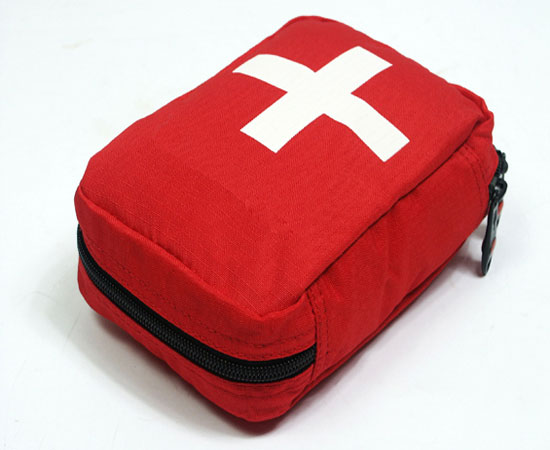
Cancer is a deadly disease. Its treatment is done with great effort and care. Cancer treatment leads to destruction of the cancer cells. However, in the process of destroying the cancer affected cells, many healthy cells and tissues also get damaged. This leads to side effects which are unpleasant and at times painful.The type and level of treatment is the factor responsible for the side effects of cancer treatment, as every patient responds in a different way to the treatment. This article describes in detail the side effects of the various cancer treatments on human body.
1. Surgery
Many factors like the site of the tumor, type of the operation, general health of the patient are responsible for the side effects when surgery treatment is done. It is observed that for a few days in the beginning, the patients suffer from lot of pain. Patients should discuss the issue of pain with the doctor and take medicines to subside it. The time taken to recover from the side effects of surgery differs from patient to patient.
2. Radiation therapy
Radiation therapy is done on that body part that is cancerous. So the side effect of the radiation depends on which body part the treatment is done and also on the quantity of dose given to the patient. This therapy may also cause reduction in the number of white blood cells. White blood cells are responsible to protect the body cells from various infections.
Fatigue, skin rash, redness of the skin in the treated areas and loss of appetite are some of the side effects of radiation therapy. These side effects are not permanent and can be treated and cured by the doctor.
3. Chemotherapy
Side effects of chemotherapy happen due to anticancer drugs which try to eliminate rapidly cancerous dividing cells. So these can affect infection fighting blood cells; cells which help blood clotting, and also on the oxygen carrying cells. Blood cells affected by anticancer drugs cause patients to become more prone to infections and thus the patients become less energetic.
The side effects which are caused due to chemotherapy can be queasiness and vomiting, loss of appetite, mouth ulcers, or hair loss. For queasiness and vomiting, doctors usually prescribe medicines. During the recovery period or when treatment is stopped these side effects steadily go away.
The drug and amount of drug given to the patient determines the side effects. Few chemotherapy drugs cause thinning of hair while others may cause loss of hair from the whole body. This side effect concerns the patients the most. Patients should be apprised of this beforehand so that they prepare themselves for handling the hair loss problem.
In women, chemotherapy may lead to temporary or permanent infertility. The drug used and patient’s age determine whether the infertility is permanent or temporary. Stopping of menstrual periods, hot flashes, and dryness of vagina are some more side effects which are witnessed in women. Nevertheless in young women the periods return during the recovery period. Men can opt for sperm banking before the start of the treatment.
4. Hormone therapy
Many side effects are seen when hormone therapy is done. Hot flashes, weight gain or puffiness, nausea and vomiting are some of them. The hormone therapy may interrupt menstrual periods, dryness of the vagina and at times, infertility in women. Impotence, reduction of sexual desire, or infertility are some of the side effects seen in men. These changes can be permanent, temporary, or may last quite long.
5. Biological therapy
Biological therapy side effects are determined by the type of treatment. There can be symptoms like chills, fever, muscle pain, weakness, nausea, vomiting, and diarrhea, which are more or less like flu symptoms. Rashness, getting bruised easily and bleeding are some more symptoms of the biological therapy. Swelling can be side effect of interleukin therapy.
Gravity of the side effects determines the patient’s stay in the hospital for treatment. Fortunately, these side effects are just temporary and vanish when the treatment is stopped.




